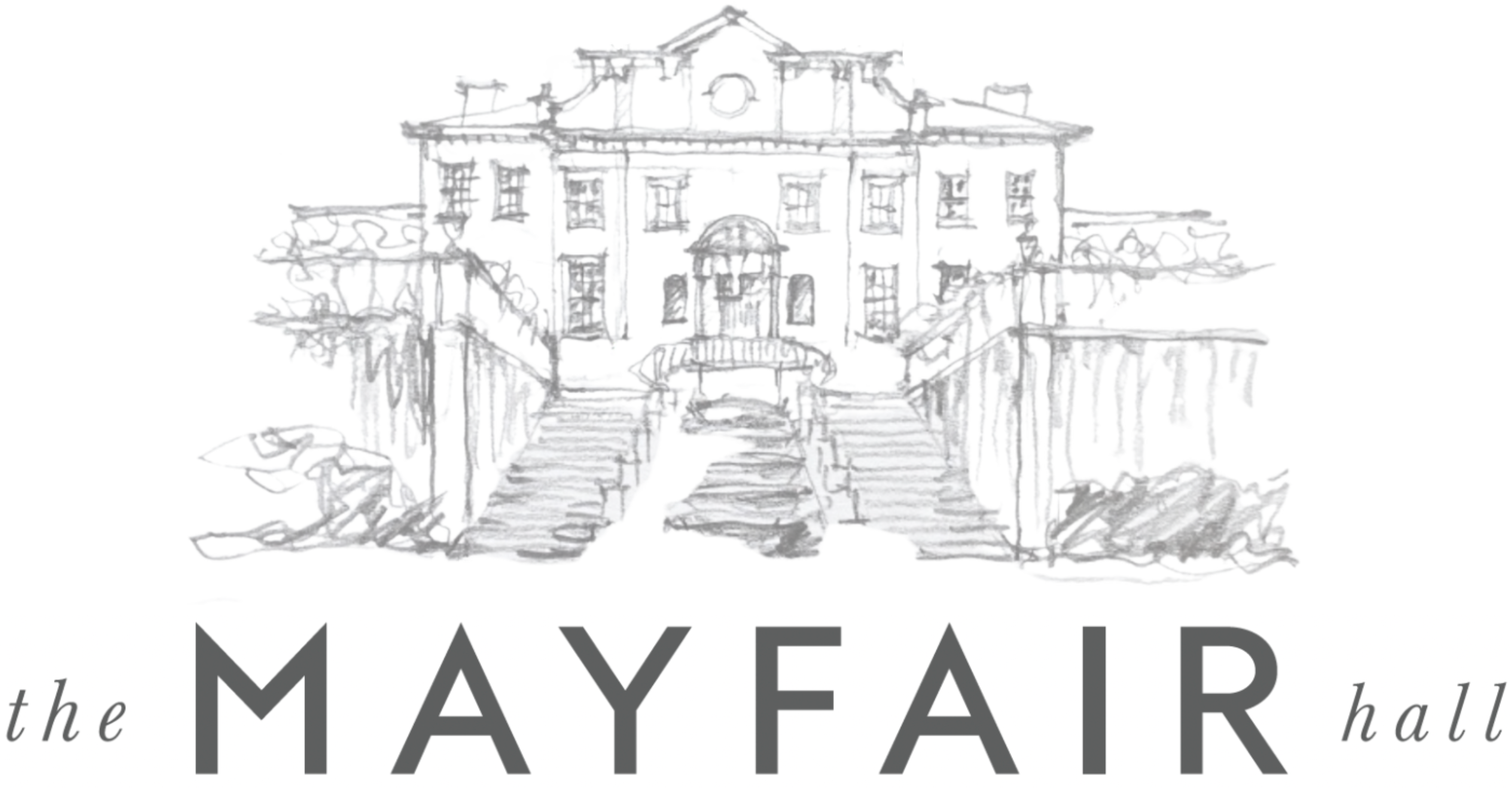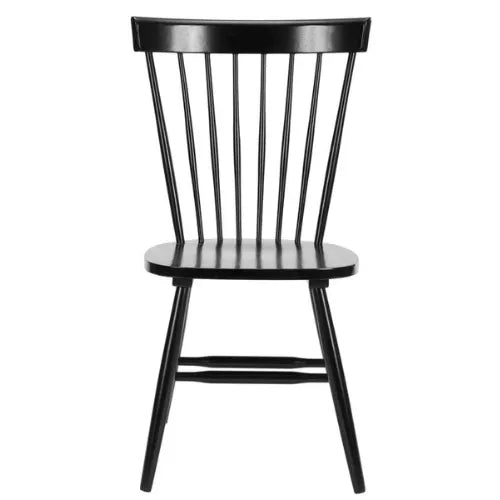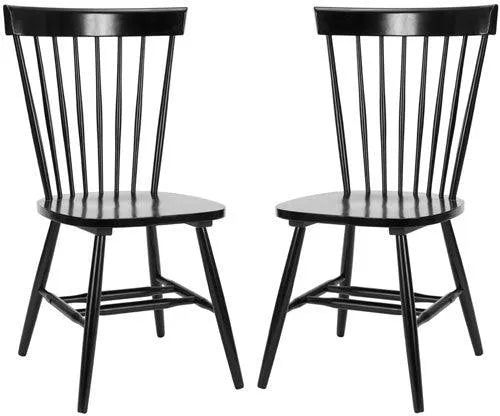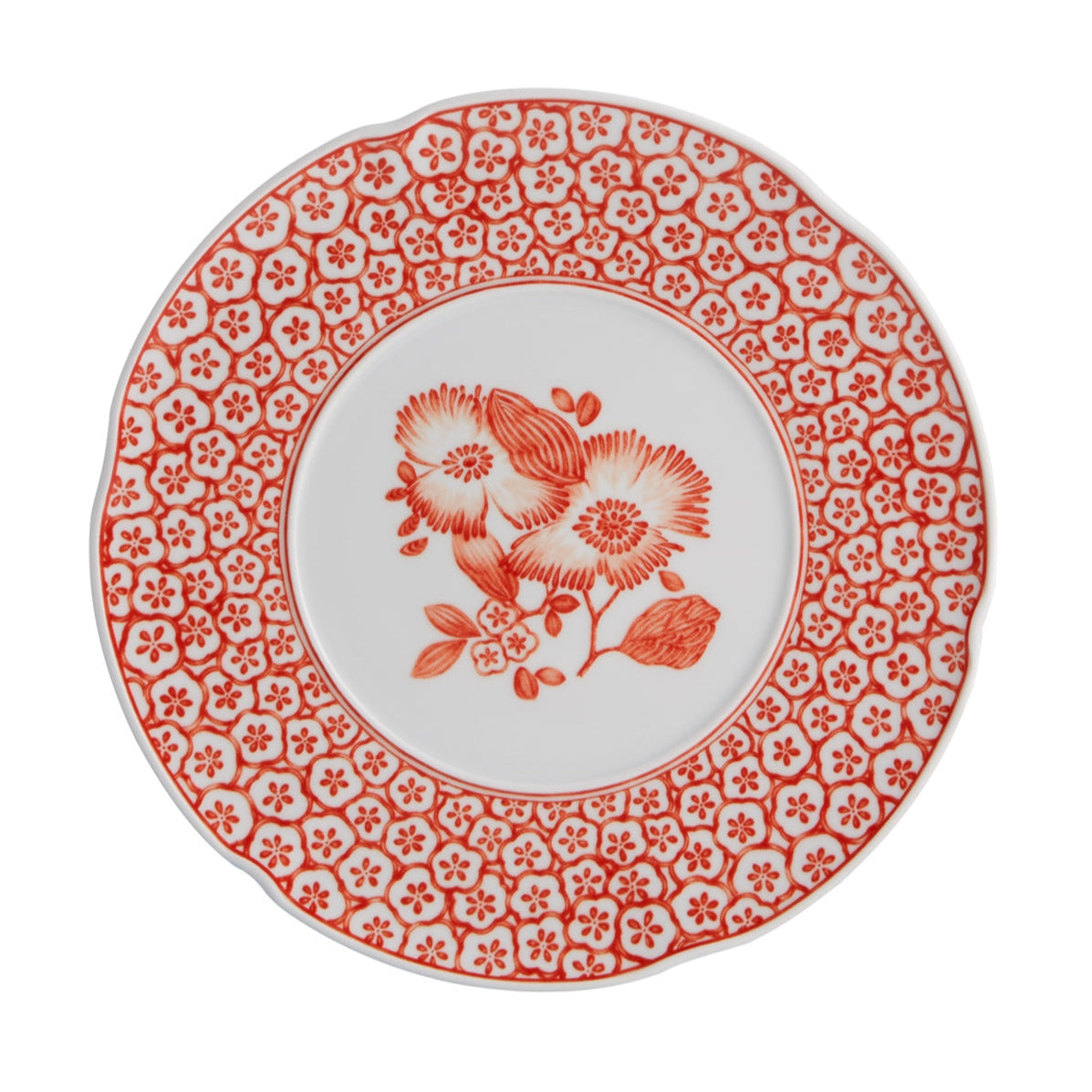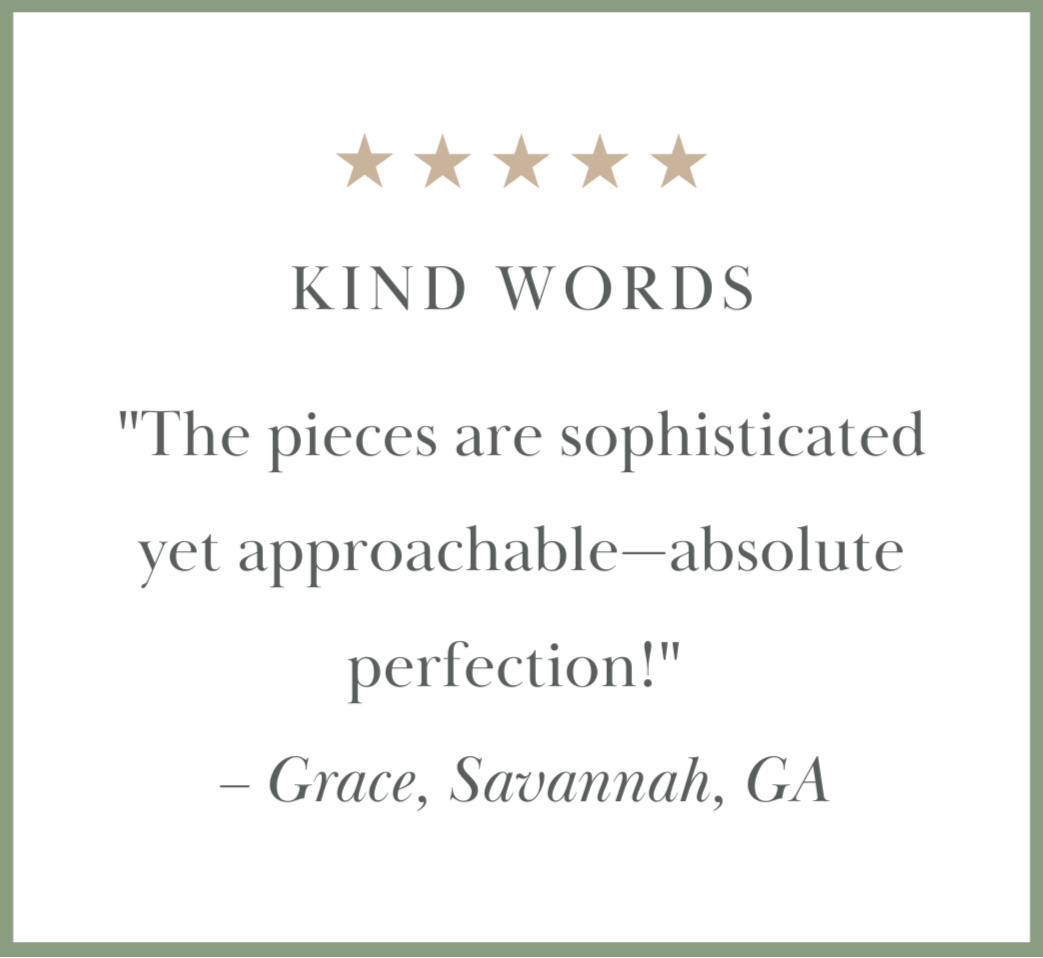Does Compost Really Help My Garden? How to Start Composting at Home
Dear Mrs. Mayfair,
Does composting really benefit my garden? How should I get started?
— Garden Enthusiast

Dear Garden Enthusiast,
Composting is one of the most effective ways to enhance your garden’s vitality. Not only does it reduce waste by turning kitchen scraps and yard clippings into nutrient-rich compost, but it also gives your plants a powerful soil amendment—often referred to as "black gold"—that helps them thrive. Whether you’re managing a large garden or a small backyard, composting offers endless benefits for both your plants and the planet.
Growing up, my family always composted. We kept a small bucket by the kitchen sink to collect food scraps, which were added to a compost heap in the backyard. My father often referred to the decomposing material as "black gold" because of how it revitalized our garden soil, enriching it with nutrients. Over time, I’ve developed a reliable composting system that’s adaptable for any home. Even if you're not ready to make your own compost, purchasing high-quality compost still supports eco-friendly waste recycling efforts.
Ready to start? If you have food scraps and a little space in your yard, you're already halfway there!
What is Compost (and What it Isn’t)
Compost is a product of organic matter—such as plant material and food scraps—that decomposes with the help of water, air, beneficial microorganisms (like bacteria and fungi), and invertebrates (such as worms and insects). Finished compost looks like dark, crumbly soil but is not soil itself. Nor is it a fertilizer. Instead, compost acts as a soil amendment that helps retain moisture and nutrients, making your garden soil richer and more fertile.
What Can You Compost?
At The Mayfair Hall, we strive to reduce waste, and almost nothing in the garden goes unused. Successful composting requires the right mix of "green" materials (high in nitrogen) and "brown" materials (high in carbon). Greens include food scraps and grass clippings, while browns include dry leaves, cardboard, and newspaper. To create the optimal balance, aim for a mix of two parts brown to one part green.
Green Materials (Nitrogen-Rich)
- Fruits, vegetables, and herbs
- Coffee grounds and used tea bags
- Cooked pasta and rice
- Eggshells
- Grass clippings and fresh leaves
Avoid: Meat, fish, bones, dairy, oils, or fatty foods, as they can attract pests.
Brown Materials (Carbon-Rich)
- Dry leaves, hay, and straw
- Shredded newspaper (avoid glossy or colored paper)
- Cardboard
- Wood chips and sawdust
Neutral Materials (Soil)
Adding a handful of soil into your compost pile helps promote the microorganisms that aid in the decomposition process.
10 Steps to Start and Maintain Your Compost Pile
1. Find the Right Spot
Choose a well-drained location that gets partial sun. Your compost bin should be close to a water source but out of reach for pets, especially since they may find the smell of compost irresistible.
2. Begin with a Layer of Brown
Start with a six-inch base of carbon-rich material such as dry leaves or wood chips. This base allows air to circulate and keeps your compost from smelling.
3. Add Layers of Green and Brown
Alternate layers of green materials with twice as much brown material. This helps keep the compost from becoming too wet and smelly.
4. Sprinkle in Soil
Add a scoop of garden soil between layers to introduce beneficial microorganisms that accelerate decomposition.
5. Keep Layering
Continue layering brown and green materials in the same 2-to-1 ratio, ending with a layer of brown to cover the food scraps. The smaller the pieces you add, the quicker they will decompose.
6. Keep It Moist
Your compost should feel like a wrung-out sponge—moist but not soaking wet. Water it lightly if it feels too dry, or cover it during heavy rains to prevent over-saturation.
7. Turn It Regularly
After the first week, turn the compost with a pitchfork to aerate the pile. This provides oxygen for the microbes, ensuring even decomposition. Turn the pile every few days to accelerate the process.
8. Troubleshoot Wet Compost
If your compost becomes slimy or smelly, add more brown materials such as dry leaves or shredded paper to balance the moisture levels.
9. Fix Dry Compost
If your compost is too dry or dusty, mix in more green materials and a little water to restart the decomposition process.
10. Know When It’s Ready
Compost is ready when it is dark brown, crumbly, and free of any recognizable food scraps. Depending on conditions, compost may take between six months to a year to fully decompose. Use it in early spring or fall to prepare your garden for planting, adding two to three inches to new beds or top-dressing existing ones.
Types of Compost Bins
There are many ways to compost, and the system you choose will depend on your space and needs. You can pile compost directly on the ground, or use a bin to keep it tidy and manageable.
- Single Bins: These compact, easy-to-find bins are ideal for beginners with small gardens.
- Three-Bin Systems: For avid gardeners, a three-bin system allows you to have one pile actively decomposing, one pile you are adding to, and one pile that’s ready to use in your garden. These can be purchased or built at home.
How to Use Your Finished Compost
Once your compost is finished, it can be used in a variety of ways:
- Soil Amendment: Mix compost into garden beds in the spring or fall to improve soil structure, moisture retention, and nutrient levels.
- Mulch: Spread compost over the soil surface to act as mulch, reducing the need for watering and suppressing weeds.
- Top Dressing for Lawns: Rake a thin layer of compost over your lawn to promote greener, healthier grass.
By following these steps, you can turn kitchen scraps and garden waste into a nutrient-rich material that supports healthy plants and reduces waste. Composting is a simple, effective way to make your garden thrive—and your efforts will have a lasting impact on both your plants and the environment.
Happy composting!
Mrs. Mayfair
